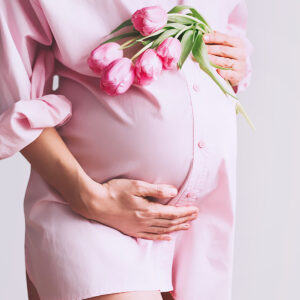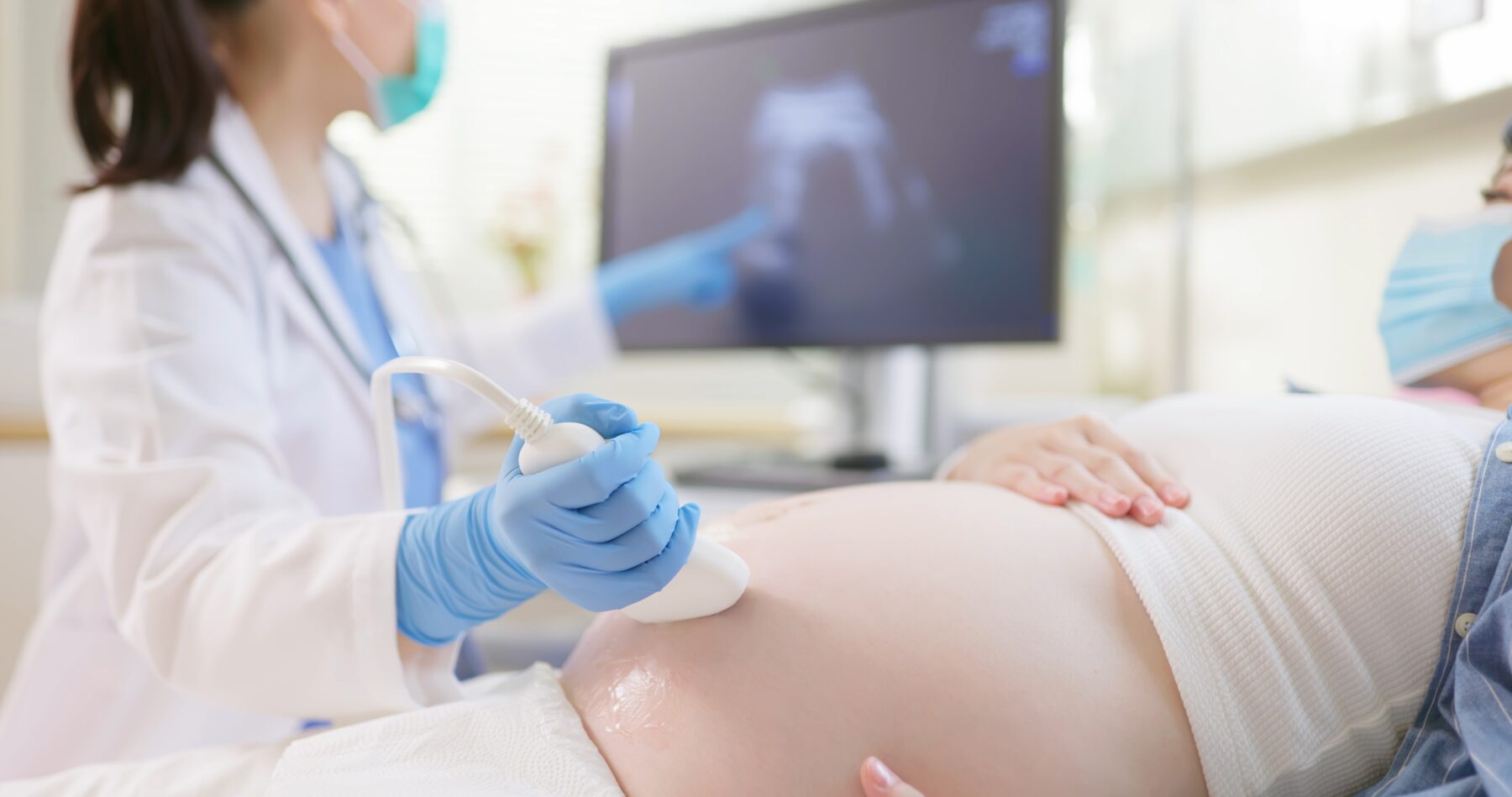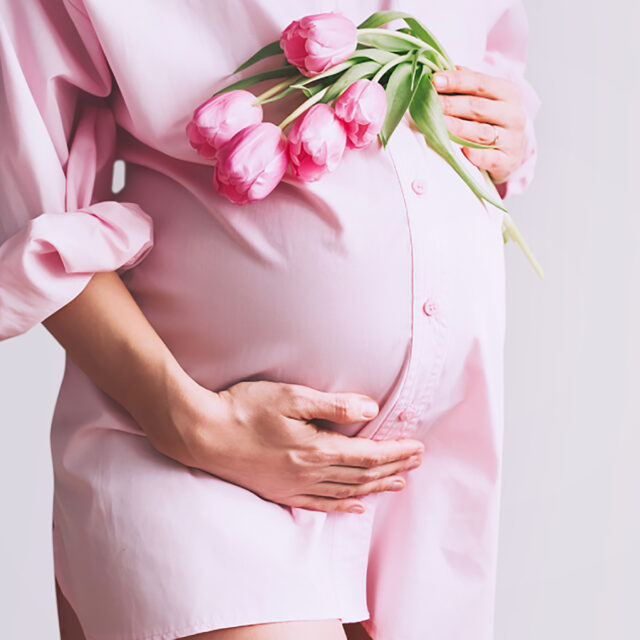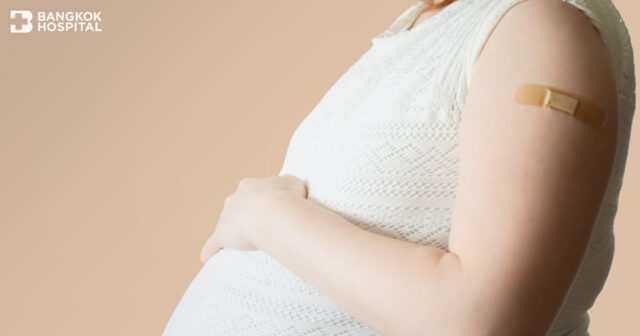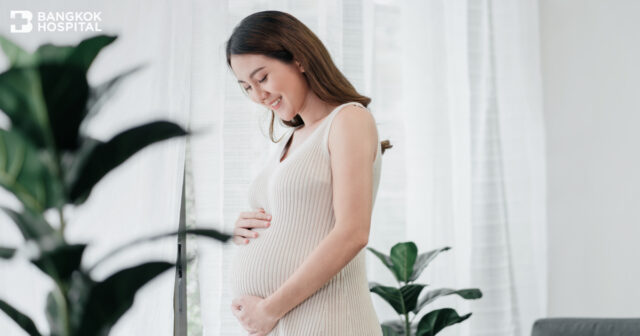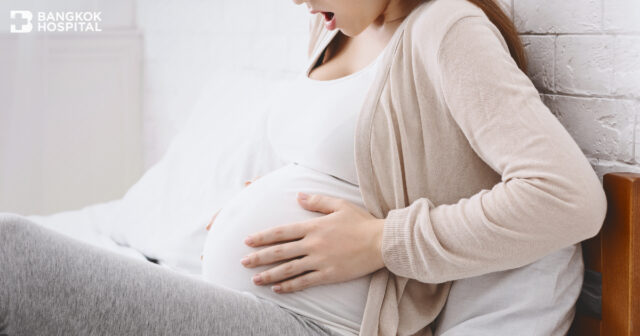Uterine Fibroids are commonly found in women of reproductive age. A cause for concern is if uterine fibroids are found during pregnancy, the mother is often filled with worry until the day of delivery. Seeing a doctor and taking care of oneself properly for good physical and mental health is therefore important.
What are Uterine Fibroids During Pregnancy?
Uterine fibroids during pregnancy are caused by progesterone hormones during pregnancy. Pregnant women often detect uterine fibroids through ultrasound during pregnancy. Most uterine fibroids do not have symptoms. However, the complications during pregnancy depend on the tumor’s location, size, and number, which may lead to risks of miscarriage, preterm birth, placental abruption, low-lying placenta, baby not in the head-down position, and fetal growth restriction, and postpartum bleeding.
Complications During Pregnancy
- Severe pain at the tumor; if uterine fibroids during pregnancy are large, there may be bleeding in the tumor, causing pain. A doctor’s visit for a detailed diagnosis is necessary as it may be another illness, such as appendicitis or pyelonephritis.
- Preterm birth
- Abnormal vaginal bleeding
- Premature placental abruption
Diagnosis of Uterine Fibroids During Pregnancy
When the mother receives prenatal care in the first 1-3 months, an ultrasound during pregnancy helps to see the fibroids clearly and easily because the uterus is small. This allows doctors to know whether the mother has fibroids during pregnancy and their size or severity level. However, as the pregnancy progresses, the uterus and fetus grow, making visualization of the fibroids more limited.
How to Treat Uterine Fibroids During Pregnancy
Treatment of uterine fibroids during pregnancy can be done by monitoring or prescribing pain medication as needed. Surgery on the fibroids will not be performed during pregnancy or alongside a cesarean section due to the risk of postpartum hemorrhage, given that during pregnancy the uterus receives more blood supply and the blood vessels enlarge, increasing the mother’s risk of excessive bleeding. Therefore, after delivery, the doctor will schedule a follow-up examination to see if there is an indication for surgery, as one in three uterine fibroids can reduce in size at the end of pregnancy.
How to Deliver if You Have Uterine Fibroids During Pregnancy
If there are uterine fibroids during pregnancy, mothers can deliver naturally if the fibroids are small and not in a position that blocks the birth canal. However, caution is needed for postpartum hemorrhage and uterine atony. In cases where the fibroids are large and near the lower part of the uterus, the baby may not turn head down or the presenting part may not be able to descend into the pelvis, thus requiring a cesarean section. The important thing is to see the doctor regularly during pregnancy to monitor the changes in the uterine fibroids continuously and care for the baby so that it grows appropriately in the womb and delivery can be planned correctly, reducing risks and complications during pregnancy.
Complications When Uterine Fibroids Occur During Pregnancy
- Rapid growth of the tumor during pregnancy due to high hormones
- The tumor blocks the birth canal
- Postpartum hemorrhage
- Intrauterine growth restriction
- Preterm birth
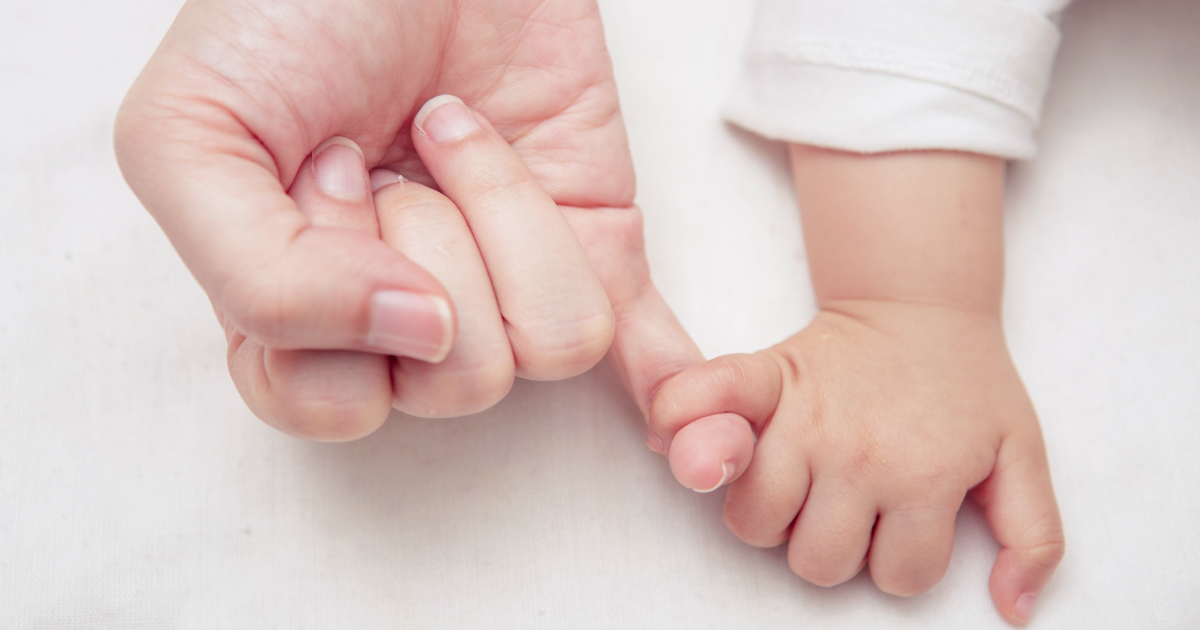
How Pregnant Mothers with Uterine Fibroids Can Take Care of Themselves
During the first 3 months of pregnancy, mothers must take extra caution because there is a higher risk of miscarriage; they should not lift heavy objects, refrain from sexual activity, and avoid abdominal tension, among other precautions. Most importantly, they must consume a balanced diet covering all five food groups and attend all prenatal appointments to care for the fetus and monitor the growth of the fibroids. Any abnormal symptoms should be observed; if there is severe pain at the tumor, a doctor’s visit should be made immediately.
Which Hospital is Experienced in Treating Postpartum Depression?
The Women’s Health Center at Bangkok Hospital is ready to provide treatment for postpartum depression with experienced specialists and multidisciplinary teams who offer close consultation to ensure mothers regain their health and are ready to care for their babies as they grow.
Doctors Specializing in Treating Postpartum Depression
Asst. Prof. Dr. Adjima Soongsatitanon, Obstetrician and Fetal Treatment, Women’s Health Center, Bangkok Hospital
You can click here to make an appointment yourself
Delivery Package for Mothers
Cesarean section package starting at 132,000 Baht


